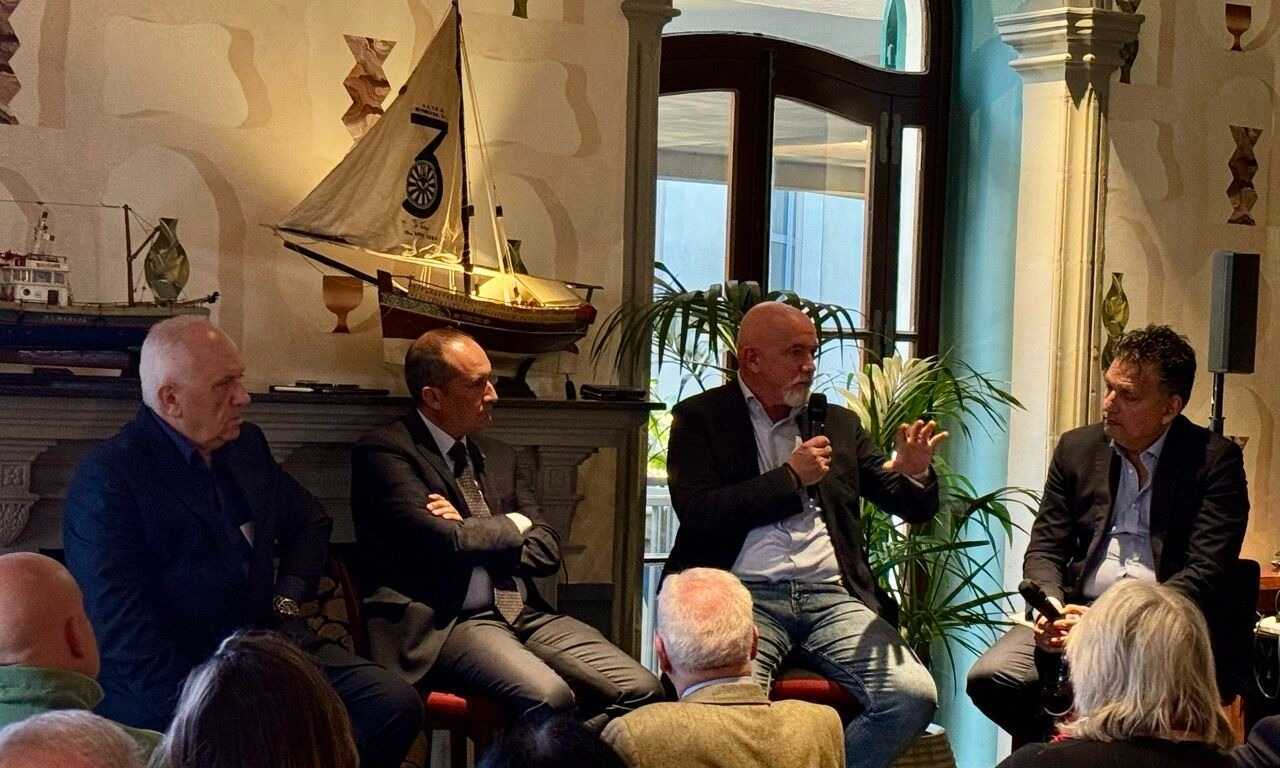Although ban on the importation of single-use plastics from 1st January of this year left many in the catering industry concerned about the impact it would have on their packaging, one industry expert says the change is more smoke than substance, with many of the items included in the ban already unavailable on the local market.
The ban is the result of the entry into force of a law transposing an EU directive, with Environment Minister Aaron Farrugia saying, “It is high time that we give answers to our children who ask about all the litter on our beaches.”
As restaurants’ and take-aways’ use of containers has exploded in the wake of the pandemic and the proliferation of delivery services, many expressed their concern at what initially seemed to be a blanket ban on single-use plastic.
But further research results that Malta has already done away with many of the items in questions, like expanded polystyrene (jablo) containers and plastic carrier bags, with the biggest change being felt in the plastic cutlery market.
Even there, however, heavy duty plastic cutlery, able to withstand cleaning by a dishwasher and therefore classified as reusable, is not banned.
Steve Rizzo, sales and imports manager with Inserv Ltd, an industry leader in the packaging space, in comments to BusinessNow.mt, said that the industry has been facing change for the last two decades, downplaying concerns about the new reality.
“The effects are not as far-reaching as some quarters are making it seem,” he said. “We stopped importing many of the items falling under the ban years ago.”
He referred to the once-ubiquitous polystyrene packaging for a burger and chips, which started being phased out some 15 years ago along with polystyrene plates and plastic carrier bags thanks to the controversial ‘eco-tax’, noting that on this matter, the EU was following Malta’s lead.
Mr Rizzo pointed out that the Maltese Government has gone beyond what is called for in the European legislation by also banning PLA and CPLA, bioplastics made from sugar, primarily corn starch, limiting the choices available for local consumers.
“Realistically, we can only import wood,” he explains. This implies higher costs, and he fears that it will not be enough to achieve Malta’s sustainability goals.
“Wood is more resource-intensive to produce than plastic, with the benefits coming from its reusability. But are the necessary systems in place to encourage their reuse?”
Making places like beach kiosks serve wooden cutlery but depending on consumers to take their used cutlery home with them is not enough, he believes, saying that there should be the appropriate conveniently placed rubbish bins to ensure the waste is collected right away.
Mr Rizzo describes the situation like a catch-22 where importers are forced to bring supposedly environmentally friendly products that result in an increase in costs for all without the right system in place to take advantage of the benefits of these products.
“It’s not us importers who need to change,” he says. “It’s the mentality.”
He believes it will be decades until the kind of mass production we see of plastic products will be feasible for wooden ones, meaning that costs will remain higher for a long time.
Mr Rizzo believes that sensational media campaigns to ban single-use plastic may have done more harm than good by focusing on individual consumer choice, and its restriction, instead of focusing on wholesale systemic changes that can only be effected by governments.
“Globally, all governments need to factor in the environmental conundrum,” he says. “It’s not about us, our competitors, our providers, our customers or the end user. It’s a matter of changing the mindset.”
“This is about understanding the situation instead of making blanket statements. Slogans like ‘plastic is bad’ can do more harm than good – we need to understand which kinds, why, in what situation, and how to mitigate the harm.”
He remains hopeful that such change can be effected, starting from the right education from a young age.
“Rome was not built in a day,” he smiles.
Cautious optimism across sectors: Business confidence rebounds in Q1 2025, says Central Bank
Confidence is creeping back into Malta’s business community
Government unveils new framework to establish ‘national one-stop-shop for startups’
Emerging companies will be able to access the necessary support, such as an enhanced share awards and stock option scheme
Aviation leaders warn EU and local policies are jeopardising Malta connectivity
An event hosted by the MBN in collaboration with the IBN explored the challenges facing the tourism industry






